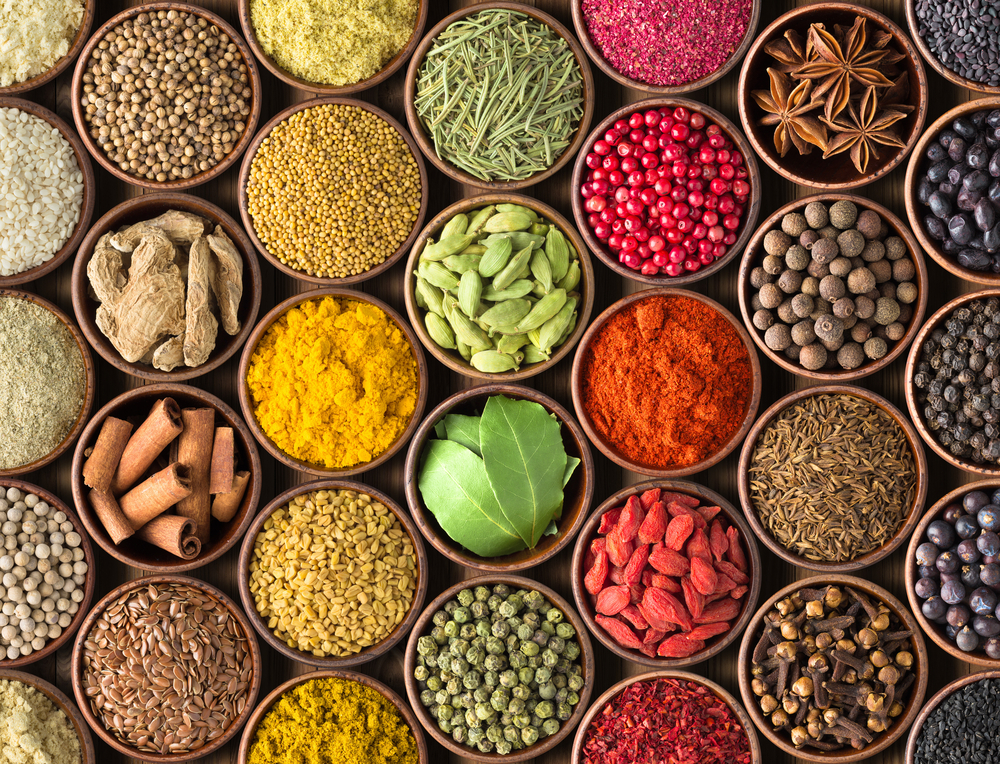Foodies are spearheading a growing food movement that involves new ways to enjoy fresh and delicious foods.
“People who call themselves foodies represent a move away from TV dinners, fast food, and processed foods. This is a wonderful thing,” says Ann-Marie Hedberg, MS, RD, director of the dietetic internship program at the University of Texas School of Public Health in Houston. “The foodie movement’s emphasis on fresh ingredients, preparation, and experimentation is a move toward healthier cooking and healthier foods.”
If you’re an aspiring foodie, here are three healthy food tips you should know.
Work Your Grocery Store’s ‘Perimeter’
“When shopping for your healthy recipes, concentrate on the perimeter of the supermarket,” Hedberg says. “That is where you will find the healthy foods like fresh-baked goods, dairy, fresh fish, fresh meat, and produce.”
So look for lean cuts of meat (‘choice’ and ‘select’ grades are better than ‘prime’); choose fat-free, 1 percent fat, or low-dairy products; and make fish a regular inclusion in your diet. The American Heart Association recommends two servings of fish each week.
Create Nutritious Recipes with Herbs

Herbs are a healthy way to infuse unique flavours into your dish, as well as reduce the need to add salt or sugar to your dishes. Many herbs also include an abundance of beneficial antioxidants.
Buy the dried or fresh at your grocery store, or even better grow your own. Some pairings to get you started: basil with tomatoes; chives on potatoes; cilantro in your Mexican and Asian cuisines; and add mint to vegetables and salads for a touch of sweetness.
Related: Has Social Media Made Healthy Eating ‘Cool’?
Don’t Forget Protein Substitutes
Remember that your diet should be balanced between proteins, healthy fats, and yes, even carbs. But remember, proteins don’t always need to come in the form of meat.
“You should include fish, eggs, cheese, nuts, beans, lentils, and soy as part of your protein menu,” says Hedberg. Stay away from processed meats like bacon and hot dogs, and keep your red meat intake to less than 18 ounces per week, to lower your risk of cancer, too.
Photo Credit: Ekaterina Markelova/Shutterstock.com; Dmitr1ch/Shutterstock.com












